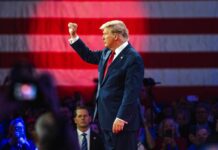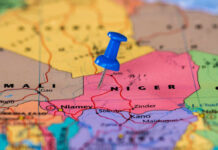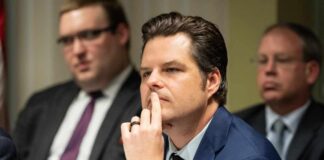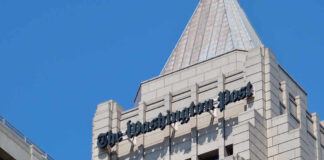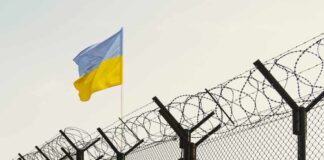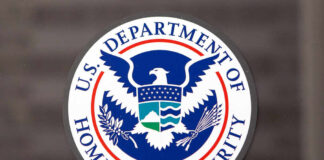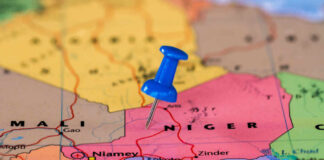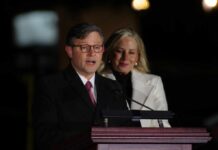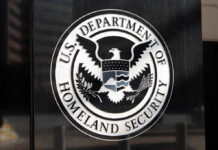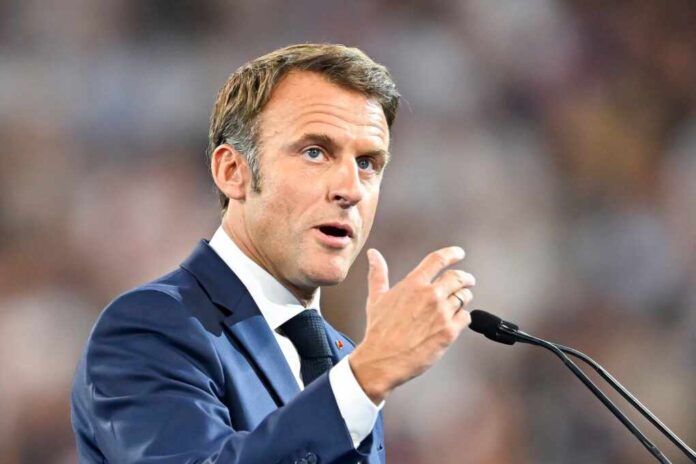
French President Emmanuel Macron insisted on leaving open the option of sending European troops to Ukraine as a response to the Russian Federation’s ongoing invasion of its neighboring country. His shocking comments came during a meeting with leaders of France’s political parties at the Élysée Palace on Thursday to brief them about the war in Ukraine and show them military intelligence about the war.
Macron urged allies not to be cowards and support Ukraine in the fight against Russian invasion.
"We are undoubtedly approaching a moment for Europe when it is necessary not to be cowards. War has returned to our lands," French President Emmanuel Macron said during a visit to… pic.twitter.com/icwNdAvhSx— Boar News (@PhamDuyHien9) March 6, 2024
It is not the first time Macron has talked about sending soldiers to Ukraine, and the government in Germany is very uncomfortable that he is stoking a confrontation with nuclear-armed Russia, pleading with the French president to stop mentioning it. The French opposition party leaders reportedly left Thursday’s meeting confused and worried about the future with Russia.
Macron is a warmonger, NATO is completely disjointed and American leadership is feckless…so let’s send troops to Ukraine anyway and why not also invite Ukraine to be part of NATO.
How stupid can we be?
The U.S. is spiraling out of control, and it has to end soon.
5 NOV,… https://t.co/y7uOpYyf65
— General Mike Flynn (@GenFlynn) February 29, 2024
The French opposition leaders and Macron are political adversaries in France’s government, so they have resisted a meeting with all party leaders with the president. But his recent comments about sending troops to Ukraine got their attention.
At the end of February, after a meeting in Paris of 25 European leaders, Macron said, “We will do everything needed so Russia cannot win the war” — taking that so far as to say, “There’s no consensus today to send in an official manner troops on the ground. But in terms of options, nothing can be ruled out.”
German Chancellor Olaf Scholz, however, was quick to assure the international order that “there will be no ground troops, no soldiers on Ukrainian soil sent there by European countries or NATO states.” Meanwhile, a NATO official told CNN, “There are no plans for NATO combat troops on the ground in Ukraine.”
After the most recent meeting among party leaders in France, Manuel Bompard of the populist-left France Unbowed party said, “I arrived worried and I left more worried.”
French newspaper Le Figaro reported that a source close to Macron said, “France is not in an escalatory attitude. We respond with proportionality.”
“But if we are not ready to say that we exclude nothing, we take the risk of a replay of what happened before February 24, 2022,” Macron said.



